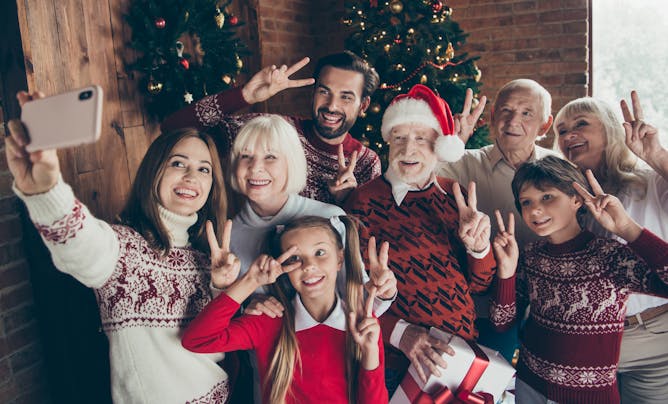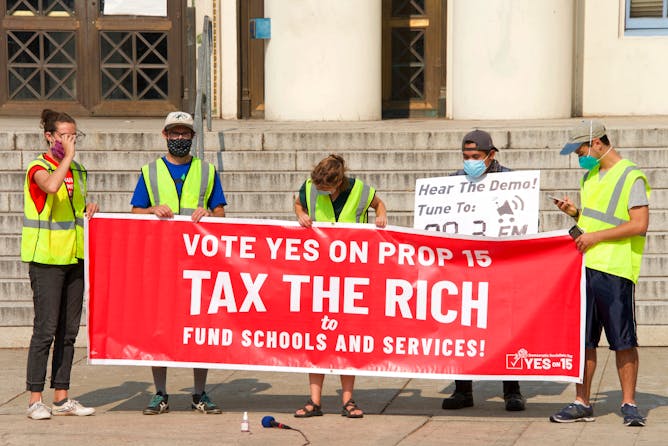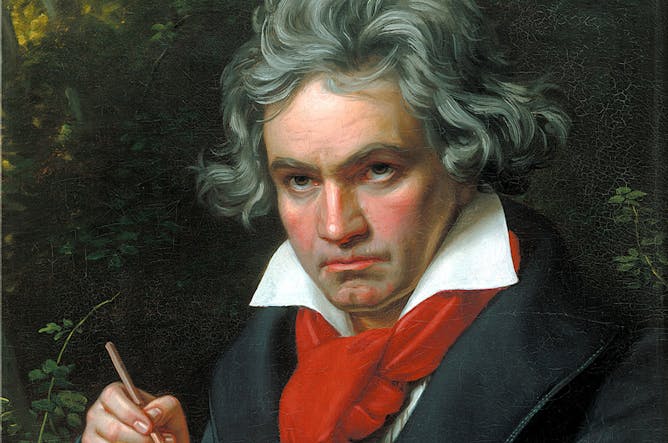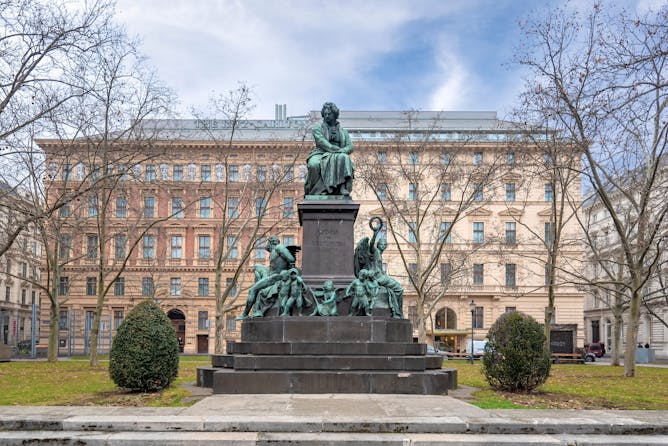|
|
|
|
Despite the threat of COVID-19, many people are still hoping for a family Christmas. But even if you can visit family, does it mean you should? We asked three health experts what they thought. For Lena Ciric, going home isn’t worth the risk. Socialising al fresco in winter is a non-starter and social distancing indoors will be difficult – especially after a few drinks. Andrew Lee agrees. Homes are a high-risk settings where if someone is
infected, everyone else has a 20% chance of catching the virus. An infected person at a large family gathering is very likely to pass the virus on.
But as Danny Dorling argues, perhaps this isn’t our decision to make. Older family members are at a significantly higher risk than everyone else, and their views should carry more weight. For some, the chance to see loved ones will be worth the risk. For others, taking a chance when a vaccine is on the horizon is foolhardy. Both opinions should be respected, he says.
One way for governments to help meet the costs of the pandemic would be to raise taxes on the wealthy. New research suggests major tax cuts for the rich over the past 50 years have pushed up inequality without significantly improving economic growth or unemployment. This makes it harder to argue that increasing these taxes will harm the underlying economy and builds the case for tax rises to relieve current economic pressures.
We’re also marking the 250th anniversary of the birth of Ludvig van Beethoven. Karol J Borowiecki links the great composer’s creativity to his changing moods, while Aakanksha Virkar Yates explores how his music embodies the Enlightenment philosophy of freedom.
|
Rob Reddick
Commissioning Editor, COVID-19
|

|
|

Roman Samborskyi/Shutterstock
Lena Ciric, UCL; Andrew Lee, University of Sheffield; Danny Dorling, University of Oxford
The UK government has said that the rule allowing three households to mix this Christmas won't change – but is this wise?
|

Sheila Fitzgerald / Shutterstock.com
David Hope, King's College London; Julian Limberg, King's College London
We find low taxes on the rich bring economies little benefit. This suggests there is a strong economic case for raising taxes on the rich to help repair public finances following the pandemic.
|

Portrait of Beethoven by Joseph Karl Stieler, 1820.
Wikimedia
Karol J Borowiecki, University of Southern Denmark
Assessing around 500 of the composer's correspondence, we are able to see how a rise in sadness and other negative emotions resulted in increased creative productivity.
|

Beethoven statue in Vienna, Austria.
Mitzo/Shutterstock
Aakanksha Virkar Yates, University of Brighton
In his work, many heard freedom as espoused by contemporary Enlightenment philosophers, like Immanuel Kant.
|
Arts + Culture
|
-
Ashley Morgan, Cardiff Metropolitan University
In Sherlock, domination is something to be revered, rather than challenged.
-
Ken Dark, University of Reading
Recent archaeological studies suggest that early Christians were identifying important sites as little as a century after the last of the gospels.
-
Hayleigh Bosher, Brunel University London
Musicians and songwriters are struggling to survive while record labels are reporting record profits – here's why this is happening.
-
Ioannis Tsioulakis, Queen's University Belfast
Greek musicians have shown that developing new solidarities and campaigning initiatives with other performers could be the way forward in responding to issues caused by COVID.
|
|
Business + Economy
|
-
Alexander Tziamalis, Sheffield Hallam University; Paraskevi Katsiampa, University of Sheffield
The pandemic has had unexpected effects on the housing market, causing a rush to sell. But is this the right moment?
-
Gianluca Sergi, University of Nottingham
Industry experts see the shift away from theatrical releases as a sign that Hollywood studios are embracing the inevitable future. But is it as simple as that?
|
|
Health + Medicine
|
-
Rebecca Aicheler, Cardiff Metropolitan University
Antibodies that go rogue and attack healthy tissue identified in patients with severe COVID.
-
Rhi Willmot, Swansea University; John A Parkinson, Bangor University
Parkrun gave participants a sense of community, belonging, and accomplishment. Here's our take on how temporary alternatives can do the same.
|
|
Environment + Energy
|
-
Miguel Valdez, The Open University; Matthew Cook, The Open University; Stephen Potter, The Open University
Any green industrial revolution will need lots more electric cars – we're experimenting to see what does and doesn't work.
|
|
Cities
|
-
Nick Dunn, Lancaster University; Paul Cureton, Lancaster University
We need to change how we imagine the cities of the future in order to respond to today's concerns.
|
|
| |
Featured events
|

|
East Road, Cambridge, Cambridgeshire, CB11PT, United Kingdom of Great Britain and Northern Ireland — Anglia Ruskin University
|

|
Online, York, York, YO10 5DD, United Kingdom of Great Britain and Northern Ireland — University of York
|

|
East Road, Cambridge, Cambridgeshire, CB11PT, United Kingdom of Great Britain and Northern Ireland — Anglia Ruskin University
|
|
|
|
| |
| |
| |
| |
| |
|
|
|
|
|
|
|